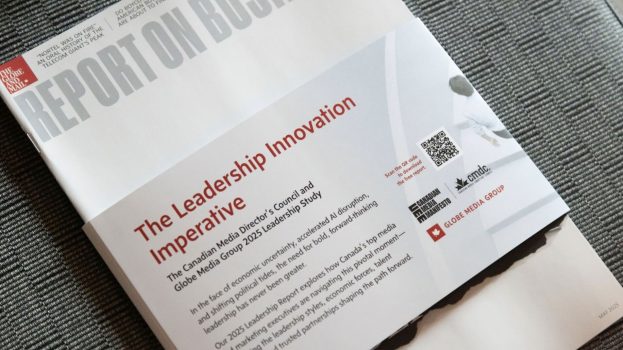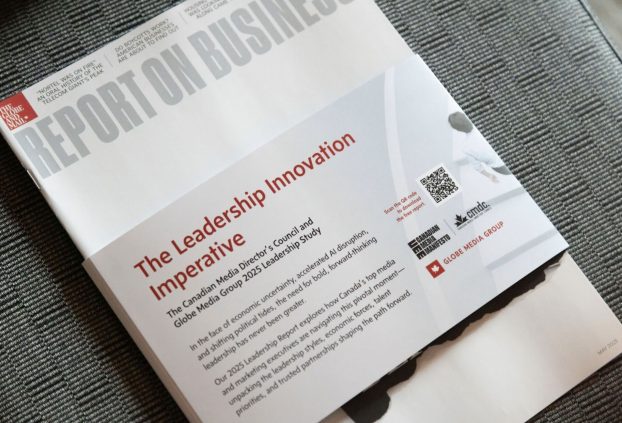There can be little doubt. There is a movement afoot and it’s called social strategy. Call it caring, call it compassion; consumers are saying they value the impact that business has on their world.
Good corporate citizenship now matters. Recent polling of 1,200 people across Canada by Toronto-HQ’d Pollara reveals proof:
• 71% of women and 57% of men said they don’t mind paying more for products that are produced in an environmentally responsible manner.
• 81% of women and 72% of men said they believe the time has come to deal with environmental sustainability.
• 73% of women and 66% of men said they are more apt to buy a brand that gives back to the community. This escalates to 90% for women 35-54 years.
• 84% of women and 76% of men said it’s important to deal with businesses that make the world a better place through their actions. Eighty percent of people in Greater Toronto said it was important
to them.
• 62% of women 35-54 said that an ad that demonstrates social responsibility resonates with them. There was an education and income skew. The higher the education or income, the more this mattered.
‘We’ve noted in our research that women tend to be more passionate about social responsibility and become more so as they get older, where men tend to stay the same as they age,’ notes Michael Antecol, VP Pollara. ‘That said, these numbers indicate that social consciousness is important to both men and women.’
Having a social strategy may well be the latest buzz, but brands where a social strategy has been at the core of their brand promise since inception, long ago realized the power it can yield. For those genuinely socially conscious brands, it was more about sharing customer values than becoming a successful brand. When it’s honest and those shared values make an emotional connection with customers, good brands become great brands. They own a distinctive position in the marketplace and often keep their customers for life.
Just look to the success of Mountain Equipment Co-op. Their core values state: ‘We conduct ourselves ethically and with integrity. We show respect for others in our words and actions. We act in the spirit of community and co-operation. We respect and protect our natural environment. We strive for personal growth and continual learning.’ And they just happen to have sold $221.4 million in products for wilderness recreation pursuits last year doing it.
Vancouver-founded Vancity credit union is another great example. They are driven by a triple bottom line of financial returns, social returns and environmental returns. Their brand promise is ‘Balanced prosperity.’ Vancity CEO Dave Mowat states: ‘We make a profit because we do good things. We don’t just do good things to make a profit.’ They donate 30% of profits to members and the community each year. Last year that was $12 million. They award $1 million annually to an organization supporting a social, environmental or community project. Their Enviro-Visa contributes 5% of member spend to support environmental causes. They have Clean Air Car loans at a reduced rate to support the purchase of hybrid vehicles. And their Bright Ideas Home loan supports improvements to lesson environmental impact.
It is important to keep in mind that social strategy needs to be at the heart and soul of a business, and not applied like philanthropic lipstick at the end. When it is part of the very essence of the brand, it breeds a profound emotional connection with consumers.
Consumers are increasingly searching for sources of meaning and trust. They’re looking deeper, and they’re turning to brands that support their values and connect with them on an emotional level. Having a social strategy now matters.
Mary Charleson, MBA is president of Charleson Communications, a Vancouver-based company specializing in market research, strategy and advertising development. She can be reached at mary@charleson.ca.























